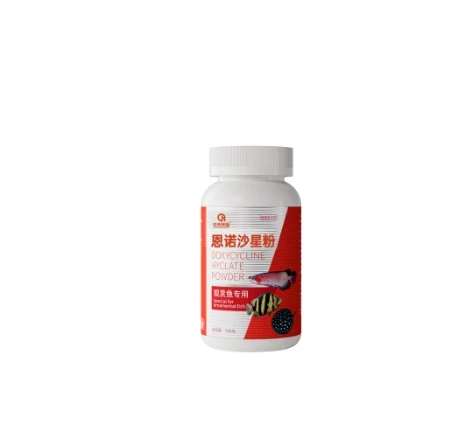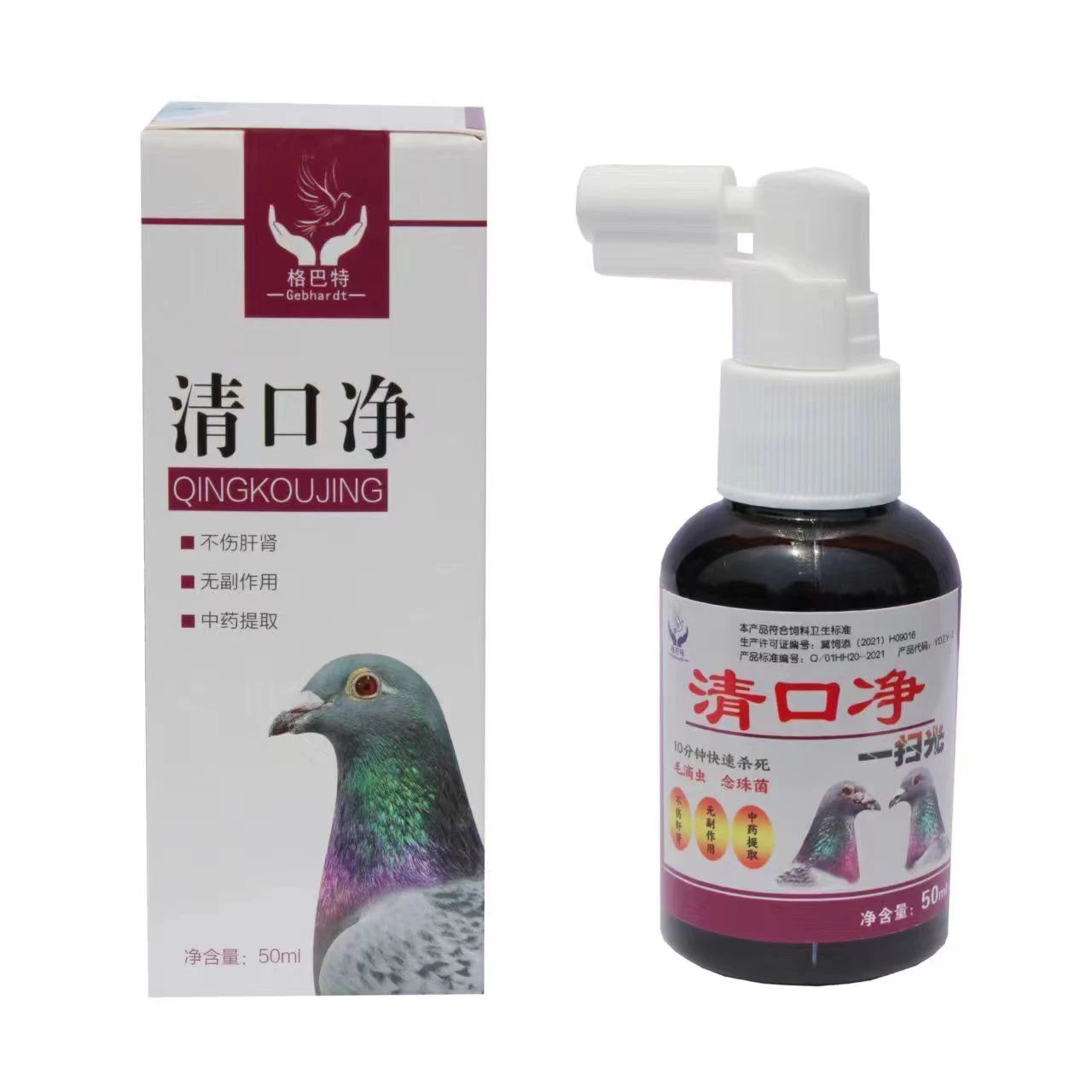
Jan . 06, 2025 18:51 Back to list
Dexamethasone Sodium Phosphate Injection 0.2%
Leucocytozoonosis is an avian disease caused by a parasitic protozoan infection, primarily affecting birds such as ducks, turkeys, and chickens. Despite not being frequently discussed, it poses significant challenges, especially in poultry farming.

In my years of experience as a poultry farm consultant, I've encountered numerous cases of leucocytozoonosis, which has refined my approach to managing and preventing this illness. One instance involved a farm where ducks exhibited lethargy and anemia. This raised alarms since early intervention is critical. The farmer was initially perplexed, unable to pinpoint the root cause. Upon investigation, it became evident that the birds were infected with Leucocytozoon parasites, transmitted through blackfly vectors abundant in the surrounding environment.
Drawing from this experience, the first step in managing leucocytozoonosis effectively is a meticulous assessment of the habitat. Managing the environment to control blackfly populations is crucial, as they thrive in wet, poorly drained areas. I always advise setting up proper drainage systems to eliminate standing water, which serves as breeding grounds for these vectors. Furthermore, installing insect screens and using fly traps can drastically reduce the risk of transmission.

From an expertise standpoint, identifying symptoms early is vital. Birds infected with leucocytozoonosis often demonstrate cloudy eyes, high fever, and decreased egg production. For a precise diagnosis, working with a veterinary pathologist to conduct blood smears can confirm the presence of the parasite. It's essential to be vigilant; these symptoms often resemble other avian diseases, complicating the diagnostic process.
leucocytozoonosis
Product solutions that I've successfully implemented include the strategic use of antiparasitic medications like primaquine phosphate, but caution is advised due to potential toxicity. Collaborating closely with veterinarians ensures that treatment plans are tailored to specific flock needs, minimizing side effects and maximizing recovery rates. Additionally, nutritional supplements rich in iron can combat anemia—a common complication of the disease.
For those seeking authoritative insights on leucocytozoonosis prevention, leveraging cutting-edge research from reputed veterinary science journals is crucial. The inclusion of refined natural extracts like neem and garlic in feeds has been shown to bolster the immune response of birds, proving their efficacy in field trials I oversaw.
Trustworthiness is paramount when disseminating information on managing leucocytozoonosis. It's imperative that solutions are validated by scientific research and field-tested in real-world scenarios. I advise turning to certified avian health specialists and established agricultural extensions for guidelines, cultivating a professional network that supports ongoing learning and adaptation.
In conclusion, combating leucocytozoonosis extends beyond immediate treatment; it demands a holistic strategy combining environmental management, early detection, and scientifically-backed solutions. As advancements in avian pathology continue, staying informed and adaptable will be the cornerstone of protecting flocks from this often overlooked yet impactful disease.
-
China Custom Cough Product Manufacturer & Supplier
NewsAug.07,2025
-
Copper Sulfate for Algae Factory: High Purity Supply
NewsAug.06,2025
-
Immunovital Fish Feed Factory | AI-Optimized Nutrition
NewsAug.03,2025
-
Quality Bacillus Coagulans BC30 Factory - Expert Production
NewsAug.02,2025
-
Acute Salpingitis and Oophoritis AI Factory
NewsJul.31,2025
-
Premium China Bacillus Subtilis Supplier & Factory Solutions
NewsJul.30,2025


